They break the law. We win in court.
With the Piantedosi and Flussi laws, the Italian government is attempting to criminalise NGO ships and hinder their operations. This is done through fines and detentions after the disembarkation of rescued persons. Court rulings following appeals by NGOs against these sanctions regularly overturn the measures for various reasons. The following decisions document key cases in which Italian courts ruled in favour of civilian sea rescue organisations.
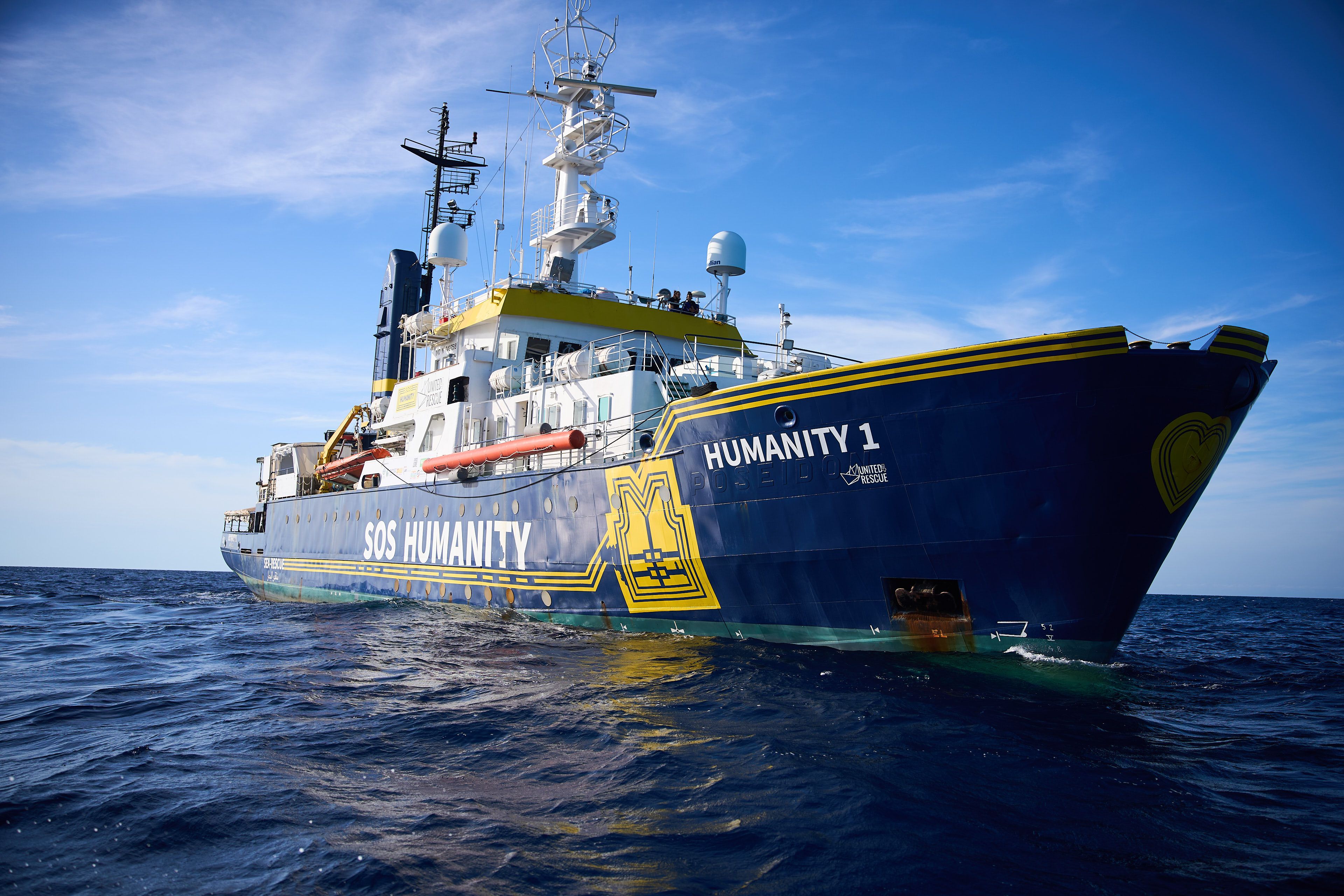
Case 1: The so-called Libyan Coast Guard and Rescue Coordination Centre are not legitimate rescue actors
On 26 June 2024 , the Civil Court of Crotone, Italy, ruled that the detention of the rescue ship Humanity 1 was unlawful. The court stated that the Libyan Rescue Coordination Centre and the so-called Libyan Coast Guard cannot be considered legitimate rescue authorities. This decision was upheld by the Court of Appeal in Catanzaro. For the first time, an Italian court confirmed that EU-supported cooperation with Libya does not comply with international standards of maritime rescue.
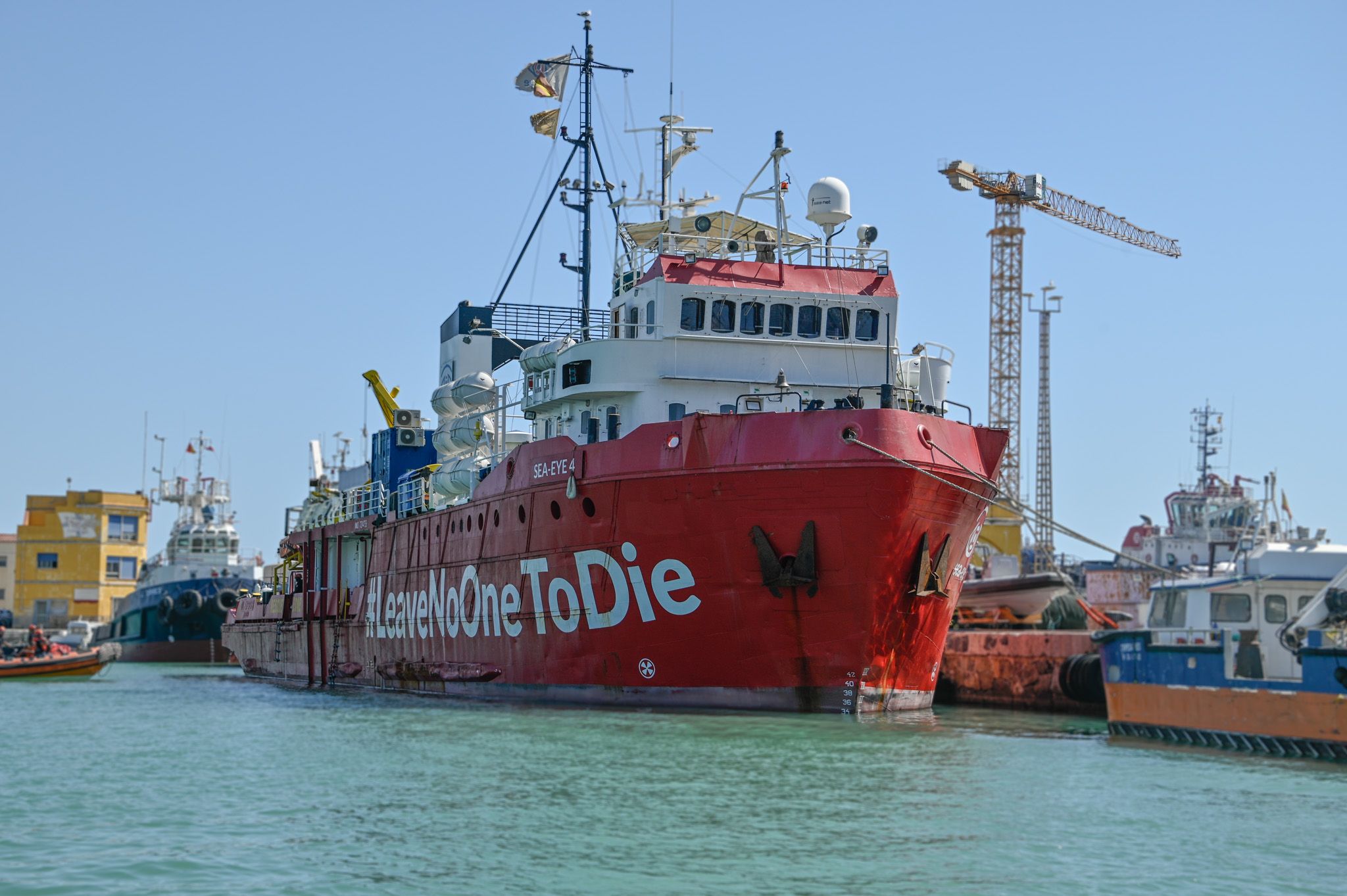
Case 2: Complying with their unlawful instructions violates international law
On 6 December 2024 , the Court of Vibo Valentia ruled that the detention of the rescue ship Sea-Eye 4 was unlawful. The judge found that the crew had fulfilled its obligation under international law to rescue people in distress at sea. At the same time, she stated that complying with the instructions of the so-called Libyan Coast Guard is not compatible with international law.
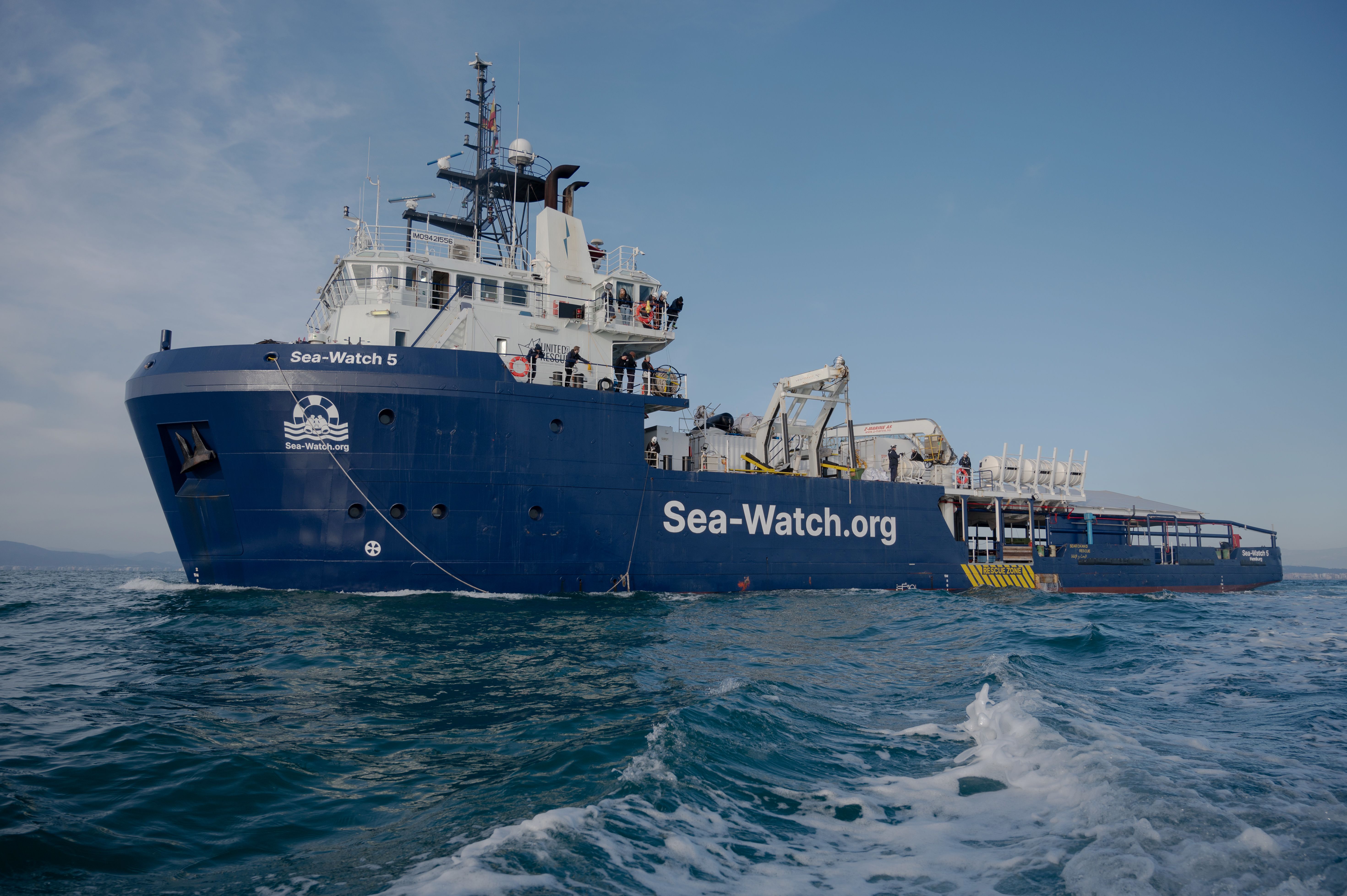
Case 3: Italian authorities repeatedly fail to provide evidence
On 7 February 2025 , the Civil Court of Rome ruled that the detention of the Sea-Watch 5 was based on unfounded allegations. The authorities failed to demonstrate that the vessel’s conduct was unlawful, meaning there had been no violation of the Piantedosi Decree. Background: The NGO vessel Sea-Watch 5 was detained in Civitavecchia on 3 September 2024 for 20 days and fined up to €10,000. The crew had been accused of carrying out rescue operations without authorization from the Libyan authorities. In its judgment on the merits, the Civil Court of Rome declared the detention unlawful.
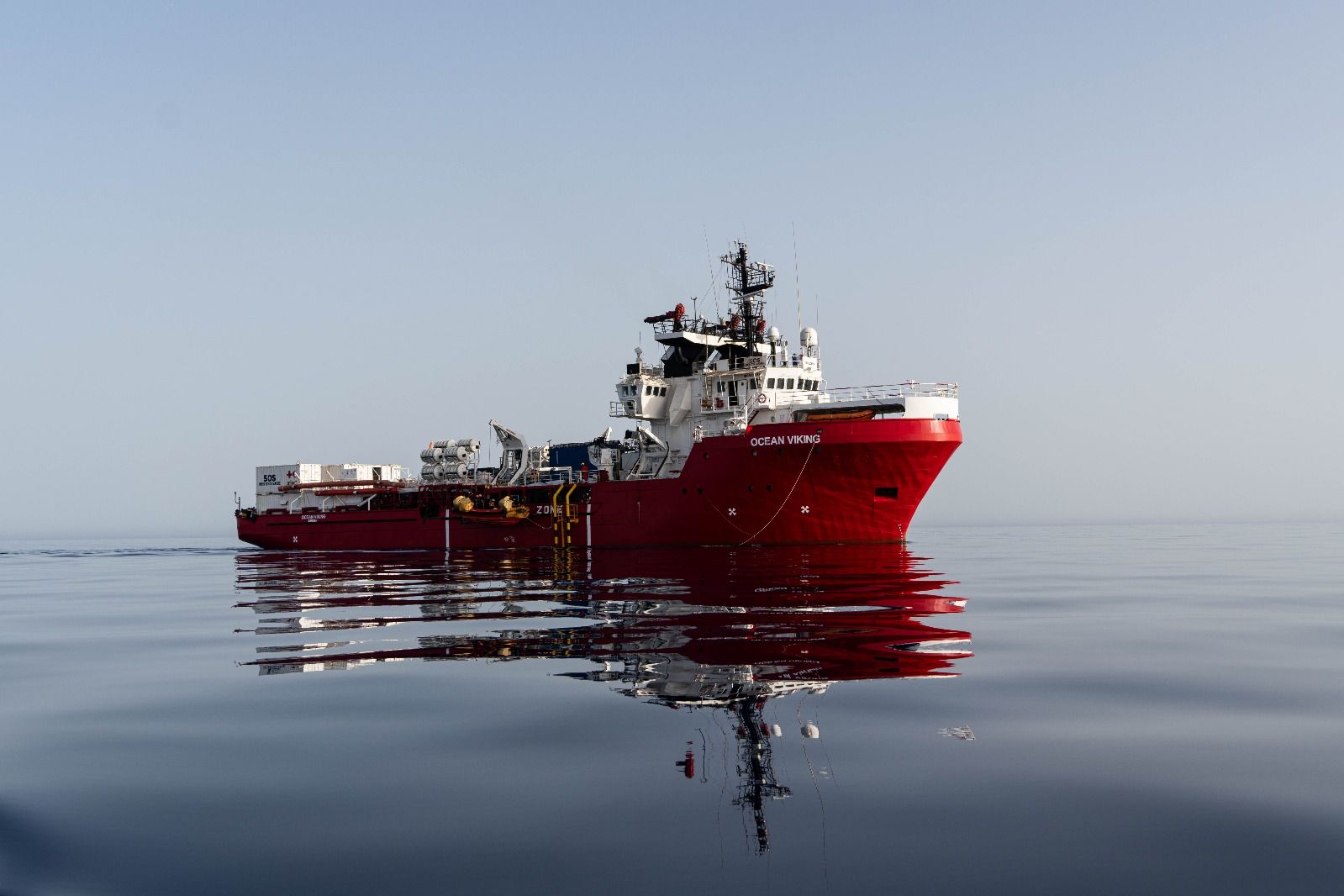
Case 4: Explicit recognition of the life-saving role of civil sea rescue organisations
On 22 February 2024 , the Civil Court of Brindisi lifted the detention of the rescue ship Ocean Viking and explicitly recognised the life-saving importance of civil sea rescue operations. The court emphasised that the organisation’s missions “pursue objectives of undeniable value – in accordance with constitutional principles and international law.”
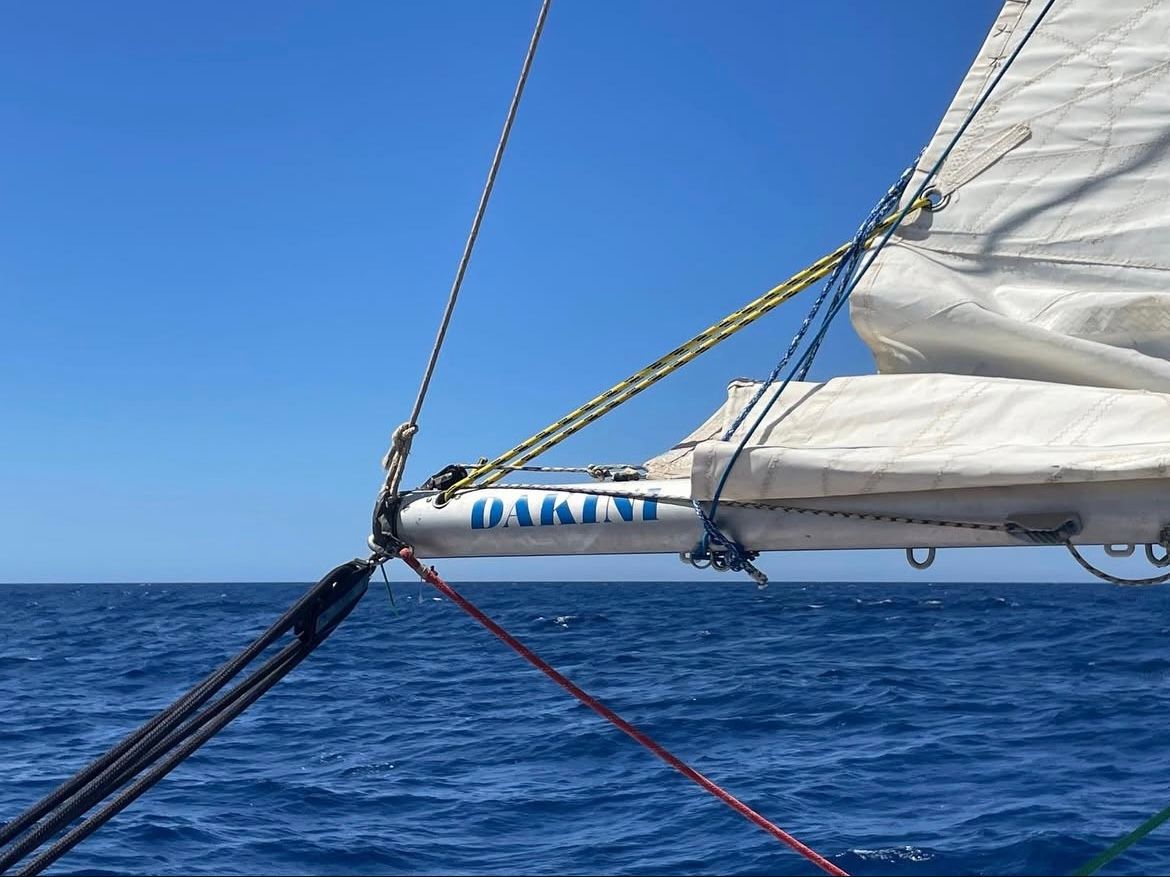
Case 5: NGO vessels are essential for sea rescue
On 30 July 2025 , the Civil Court of Agrigento lifted the detention of the rescue vessel Dakini. The court found that the ship serves a humanitarian purpose in accordance with international law and that its detention therefore hinders its missions. The judges further emphasised that, given the increase in crossings in the central Mediterranean during the summer months, the deployment of this vessel is all the more crucial.
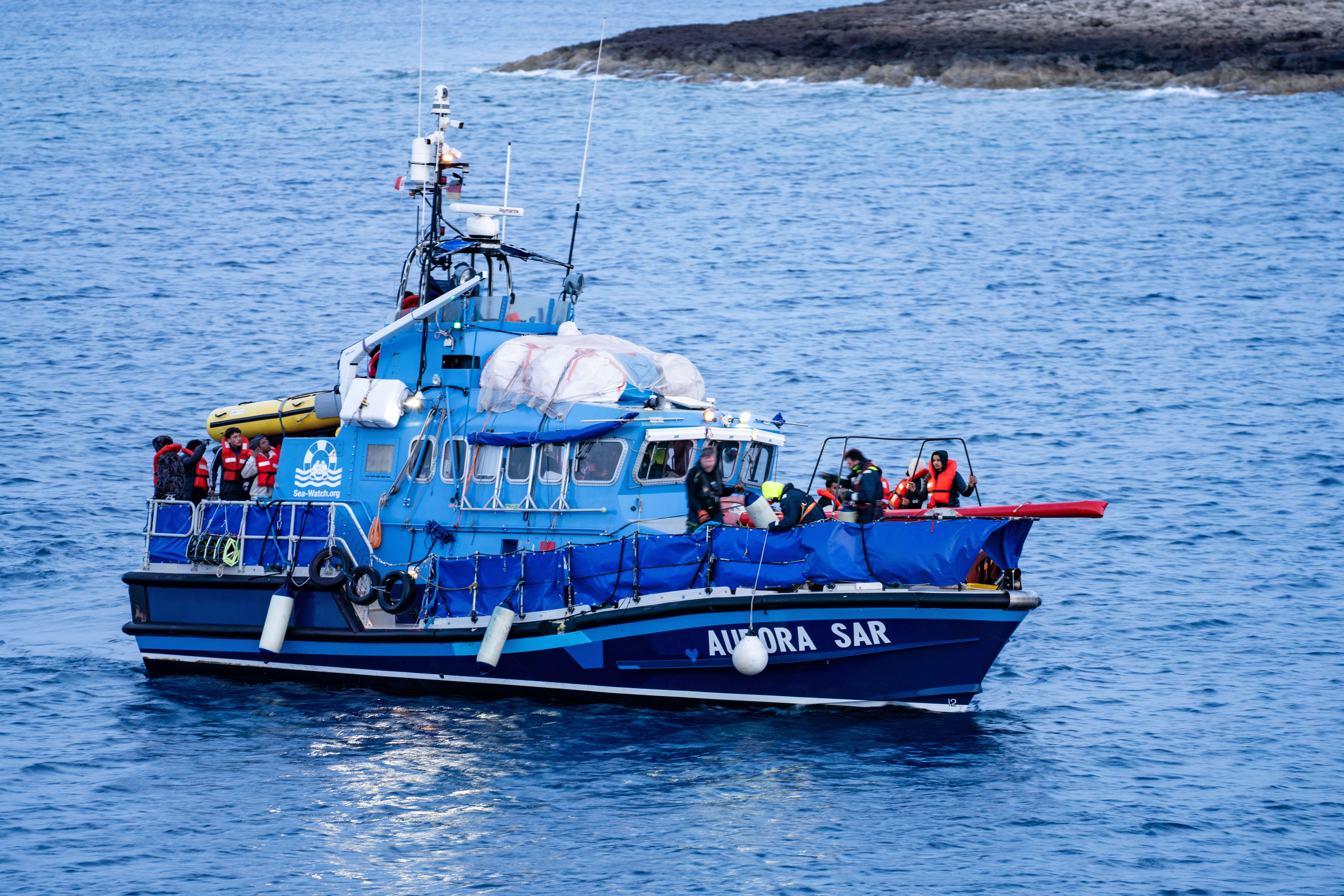
Case 6: Detention violates fundamental rights and hinders rescue operations
On 4 August 2025 , an Italian court lifted the detention of the rescue vessel Aurora, which had been blocked in port for 18 days. The court found that the captain’s actions were consistent with the principles of the Italian Constitution and the European Convention on Human Rights. It justified the urgency of lifting the precautionary measures by referring to the primacy of the right to life and human dignity, as well as to the freedom to operate in accordance with obligations under international law.
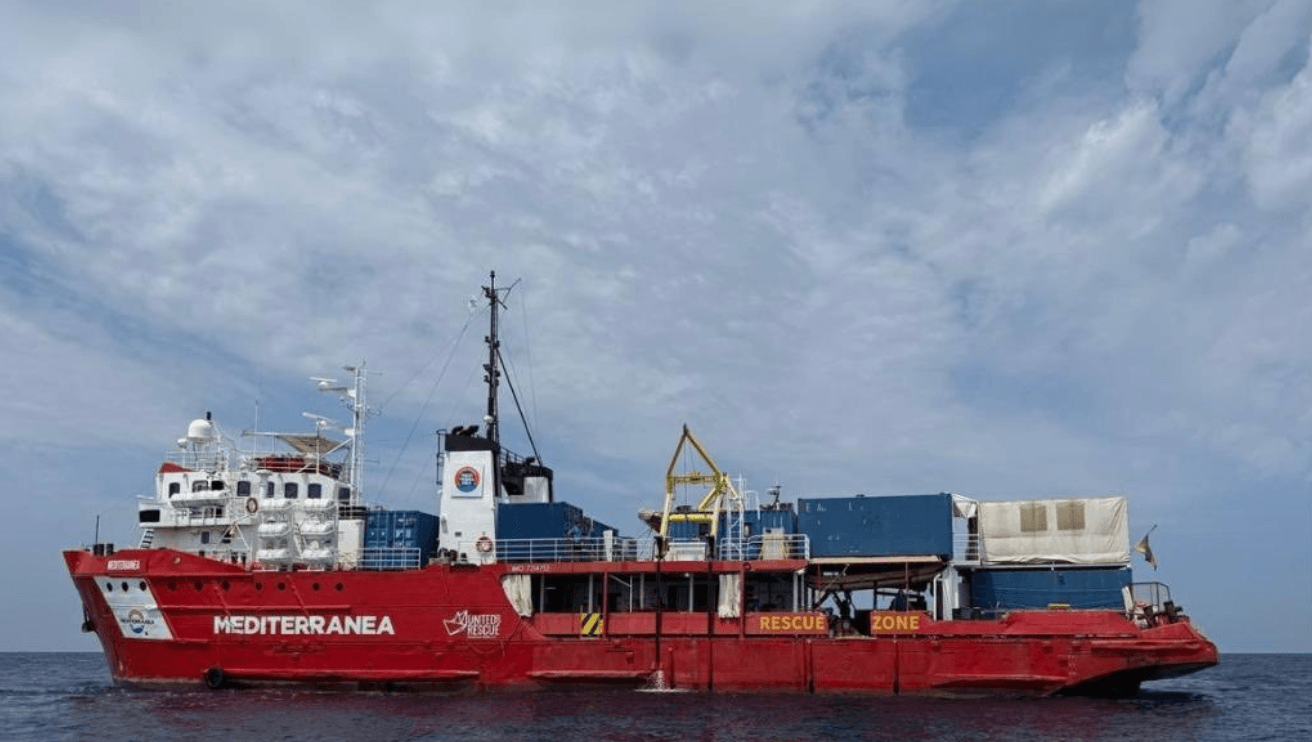
Case 7: The court recognised that disregarding official instructions was motivated by an “exclusively humanitarian spirit” aimed at protecting vulnerable people on board and safeguarding life and health at sea
On 8 October 2025 , the Civil Court of Trapani lifted the detention of the rescue vessel Mediterranea and criticised the illegality of the detention with regard to the amount of the imposed fine. The court found that the crew’s decision to head for a closer port had been made out of an exclusively humanitarian spirit – with the aim of protecting the lives and health of the rescued people.